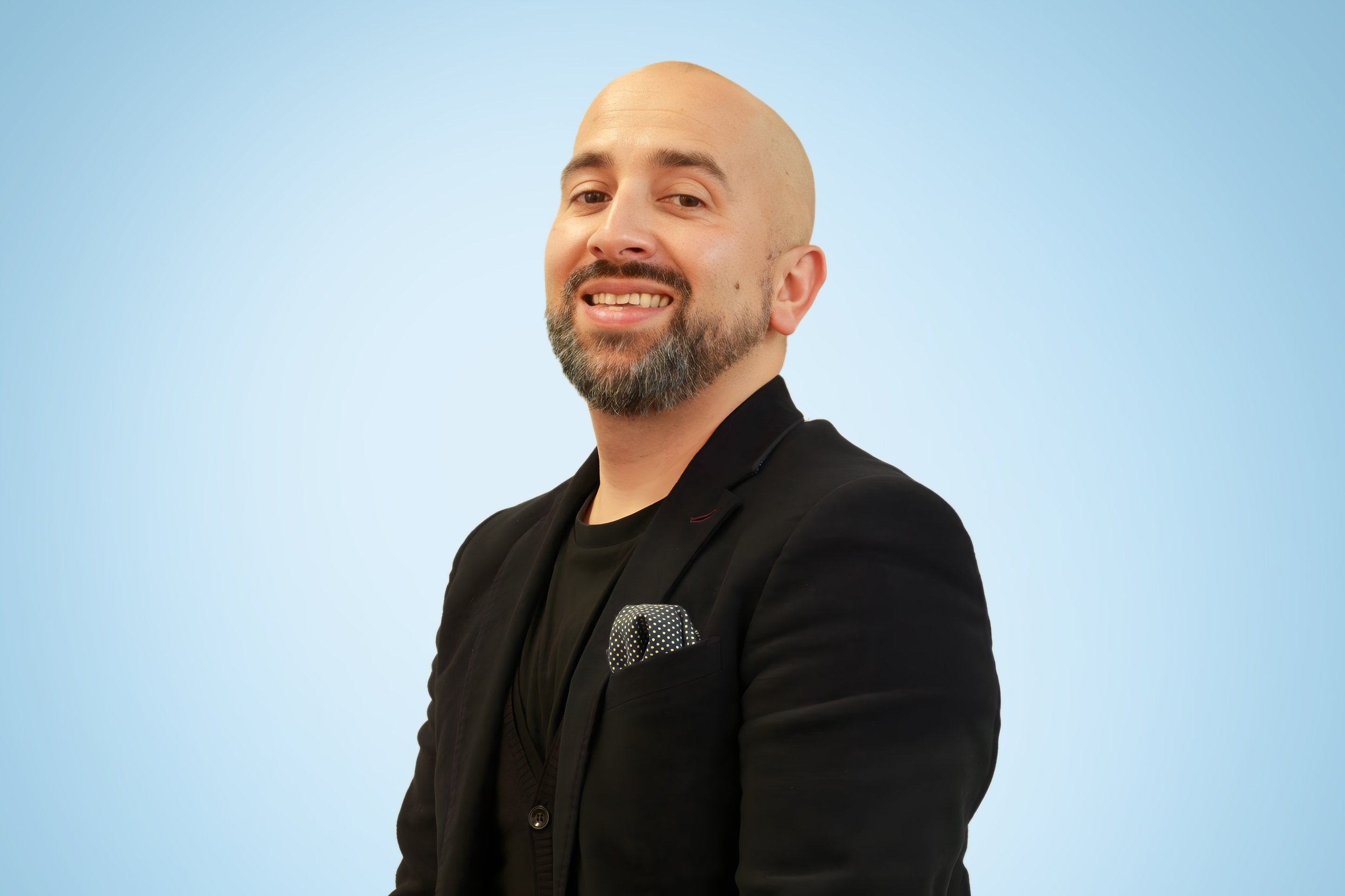Redefining ageing - how the over-50s are challenging stereotypes
With the number of centenarians in England and Wales increasing by 31% in a decade and people generally living longer, healthier lives, it’s never been so important to challenge stereotypes around ageing.
Over-50s are reshaping societal perceptions of later life across all areas - from work, health and education to fashion, dating and travel - and, more recently, scientists have even claimed that 60 is the new 40. In response to a 2022 survey, more than half of over-60s said old age now started at 76, and 46% claimed to feel fitter than their parents were at the same age.
This demographic is also making increasing contributions to economic growth. They’re dominating the UK consumer market - with their annual UK spending estimated to reach £550 billion by 2040 - while employment figures for those over 50 have reached a record high.
With this in mind, age inclusivity should be a core part of any effective marketing strategy. Yet, many brand and job ads still play on archaic stereotypes or overlook the 50+ age group altogether.
For example, branding merchandise consultancy Creative X recently analysed over 26,000 ads worldwide and found that only 4% of the people depicted were over 60. Two-thirds of these were shown in family or domestic settings and fewer than 1% in professional or leadership environments, despite most FTSE 100 CEOs being over 50.
To tap into this valuable customer base (and to help combat harmful views around ageing), brands need to better understand this demographic to learn how best to connect with them and meet their needs. Lumping this group together simply as the ‘over-50s’ no longer cuts the mustard for an audience that now makes up 38% of the UK population. Most advertisers we speak with are surprised at just how diverse a group it is and how many different personas there are within it.
Changing careers and working into their 60s, 70s, and 80s
With declining birth rates and rising life expectancy, the proportion of over-50s in the UK workforce has grown from 21% to 33% in the past 30 years, causing a seismic shift in how we view work and retirement. Instead of working in one or two jobs until we reach the cliff edge of retirement, people are exploring how to make the most of their skills and experience later in life.
Many of today’s mid-lifers are embarking on career changes and passion projects, transitioning into part-time work, and even unretiring. In fact, one in three (33%) retired 50 to 64-year-olds and one in 10 (10%) retired 65+-year-olds say they would consider returning to work at some time in the future.
One example of a career changer is Mark Pearson, who, in his 50s, swapped a career as a HGV driver for one as a dog trainer. In an interview with Rest Less, he said, “I want to enjoy life, work for as long as I can, and keep my positive attitude! I might be 60 next year, but I don’t think I act like it.”
Sixty-year-old Roz Chandler also left her full-time digital marketing role to invest more time in her flower farming business. She said, “Just before COVID, I think I got to a certain age. Sixty was coming quite quickly, and I wanted to do something that I was passionate about and interested in, and that was going to make a difference.”
Returning to education
While university is most often associated with younger generations, plenty of people over 50 are enrolling in degree courses - whether as part of a career change or simply to learn something new.
According to SunLife, in the academic year 2022/23, 10,867 students were enrolled at Birkbeck, University of London ; 1,159 (10.7%) were over 50, and the most popular course was an MA in Creative Writing.
Rest Less member Moya Goatley completed two Open University degrees in her 70s, and Christine Rollinson achieved a Bachelor’s degree in criminology in her 50s.
Staying active through hobbies and travel
Aside from work and education, we also know that many over 50s are incredibly busy with hobbies, activities, family life, travel, and everything in between.
Some have run triathlons or climbed some of the world’s largest mountains, while others are developing their art or creative writing skills.
Final thoughts…
These are just a few of the areas where people over 50 are challenging stereotypes and redefining what ‘later life’ means today. And we could go on…
As this generation of over-50s continues to defy expectations in all aspects of life - from the workplace to the classroom, mountain peaks to fashion runways, and even in matters of the heart - it's clear that age is truly just a number. The possibilities for living a rich, fulfilling life are endless, regardless of the number of candles on one's birthday cake, and marketing strategies should reflect that.
So, what are the key takeaways to change things?
Remember that with demographic change, your customer base will get older.
Review brand images to make sure they represent today’s over-50s.
Take time to better understand the diverse personas of your more mature customers through surveys and interviews.
Get it right by speaking to an expert about making your marketing strategy as diverse and inclusive as possible.
To find out more about how to create compelling age-including branding, visit the Rest Less website.
Elise Christian
Elise Christian is Lifestyle Editor at Rest Less. She joined Rest Less in 2018 after achieving a first class Master’s Degree in Journalism from the University of Kent, and writes across a range of lifestyle topics such as careers, health, home and garden, and fashion and beauty. Prior to this, she worked as a freelance writer for small businesses and also spent a year training to be a midwife.












